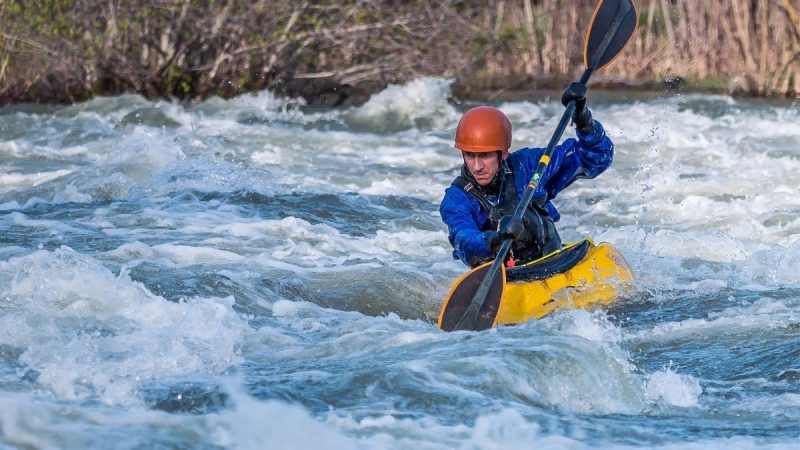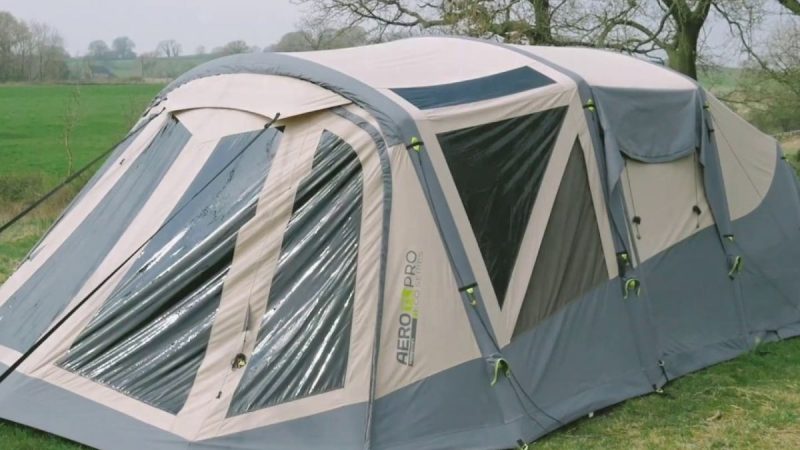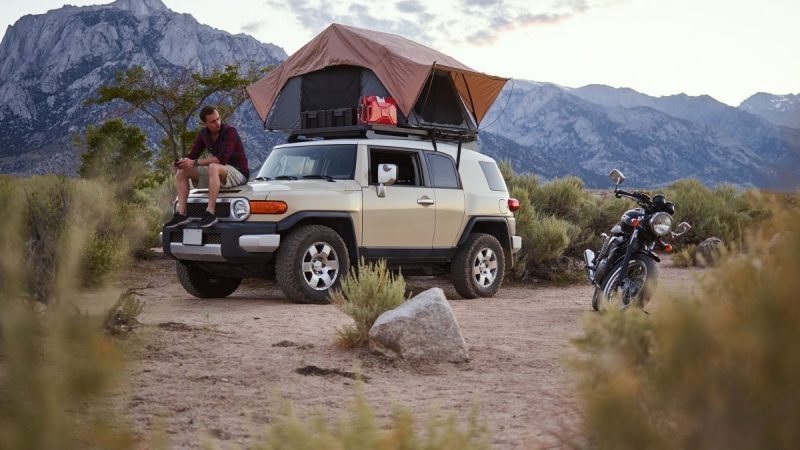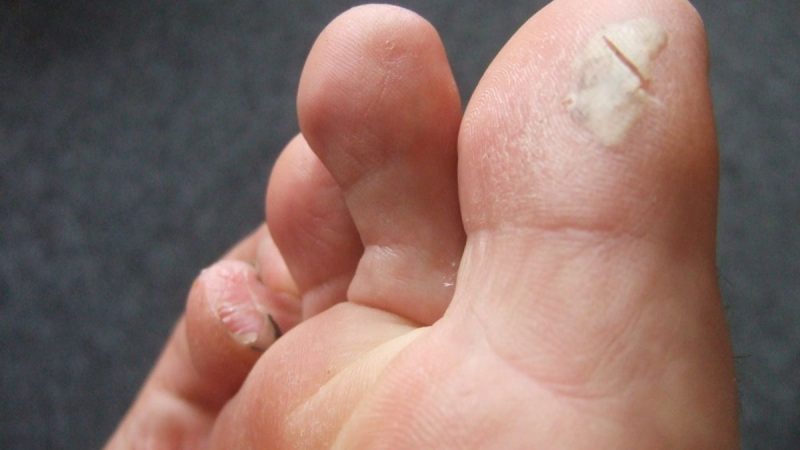Useful Quick Solutions when Lost in the Mountains
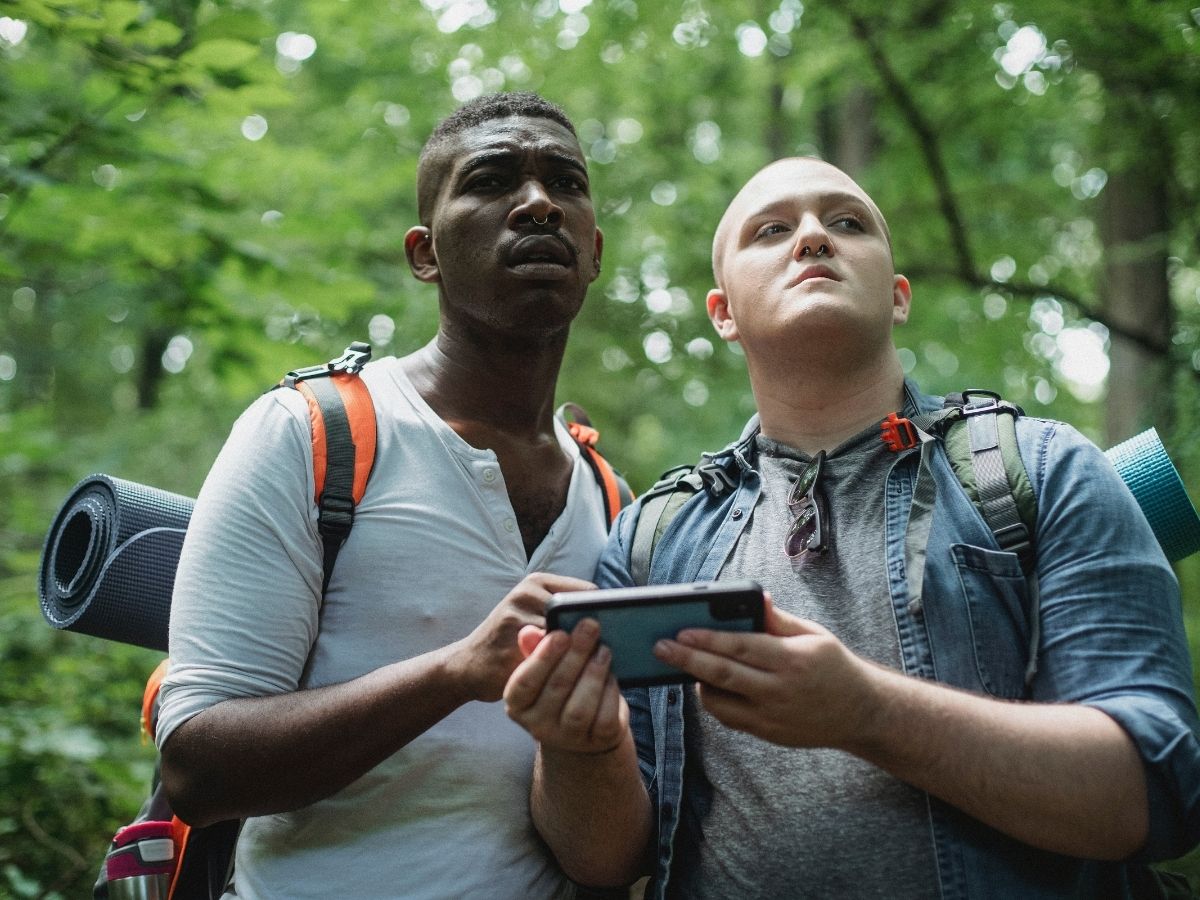
Getting Lost in the Forest
In this article, we will look into 5 useful tips when lost in the mountains. The thought of losing yourself in the mountains may seem daunting, however, don’t let discouraging thoughts hover. Losing your way in the mountains can be a great way to get to know your surrounding environment! We have all heard of people losing their way in the woods and returning after months of surviving like Tarzan (Johnny Weissmuller).
Further, it will be an opportunity to apply your survival skills and learn from your past mistakes. Throughout history, people have lost their way in the jungle and returned with great survival stories; BackPackerCarWorld hope that after reading this article you will be ready for a safe return alive!

Below are 5 Useful Tips when Lost in the Mountains
1. Don’t Panic
Panic can often lead to irrational thoughts and cause you to make a poor decisions. You might find yourself doing something that you will regret shortly afterward. Before making any decisions, take a breather and try to think clearly! If people are with you, don’t tell them your thoughts, wait until an opportunity arises where everyone is listening. Think of the best way to get out of your situation before telling others
Find High Ground
In most cases, high ground means better reception when trying contact for help or better visibility if lost in foggy conditions. It also gives you a vantage point when looking for landmarks and allows you to look in all directions instead of just one (We recommend having small binoculars on hand). If there is no high ground nearby it might be wise to have a clear path for an escape route. Remember to never go downhill if you lose your way!
Water
Water is in many forms, it can come from various types of plants by collecting the liquid, the sun’s reflection off of water, or even melting snow (if winter). The best way to find water would be to find creeks and marshes as they often lead to larger bodies of water such as lakes. You can also look for vegetation as trees will grow near bodies of moisture. If there is no high ground around us we recommend following creek beds as they almost always lead somewhere and eventually to larger bodies of water (Remember not to drink any streams that you didn’t boil).
Next,
Follow S.T.O.P
This principle will be your mantra when lost. The rule is simple, Stay calm and use your head.
S – Stop: Be still and quiet as any movement can attract attention. For others to locate you, you need to stand out from the background
T – Think: don’t forget to think about who could have seen you last and where they might be looking for you (you may look like a different person in a new environment). You must also consider what time of day or night it is by weighing up how long it will take them to find you
O – Observe: Watch out for any form of rescue; helicopters, drones, etc
P – Proceed: If the above steps do not succeed, proceed with caution Remember Your Location/Position – This one should be obvious, however, we often forget where we are! It is always important to remember your position and know which direction you should head to get out. If lost in a forest, try and memorize the shape of the mountains/trees and follow that path back to safety!
Keep these tips in mind when exploring nature or undertaking any activity that might cause you to become disorientated. Remember that navigation skills are essential not just for survival but also for recreation.
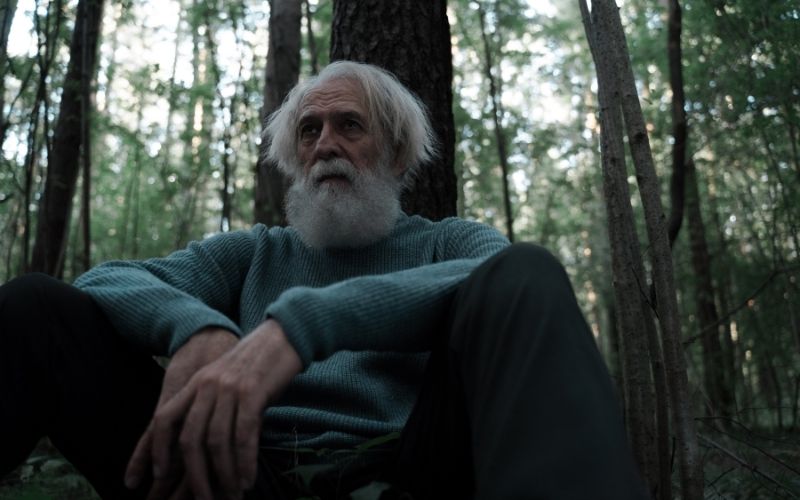
2. Don’t Wander Around
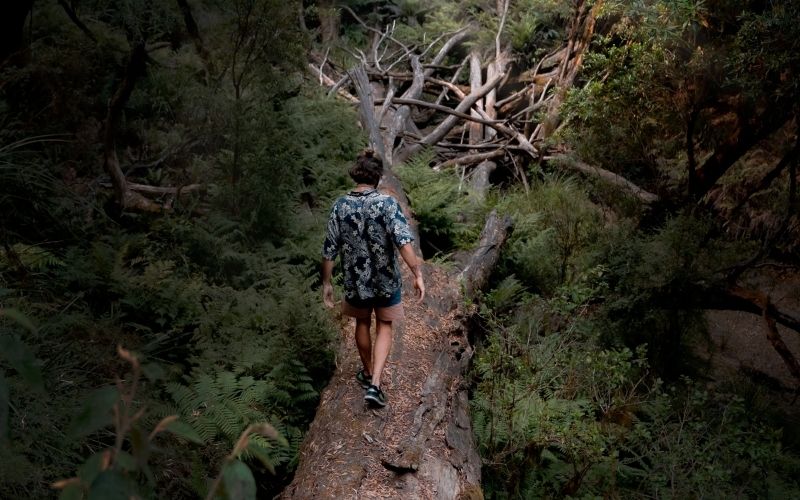
One of 5 useful tips, when lost in the mountains, is not to wander around aimlessly. It is a fact that if you stand still you have a much better chance of others to locate you. Remember, once you start moving around it will be harder to find your way out as without any form of navigation or ID, people will not know where to look for you.
3. Find Clean Water and Safe Food
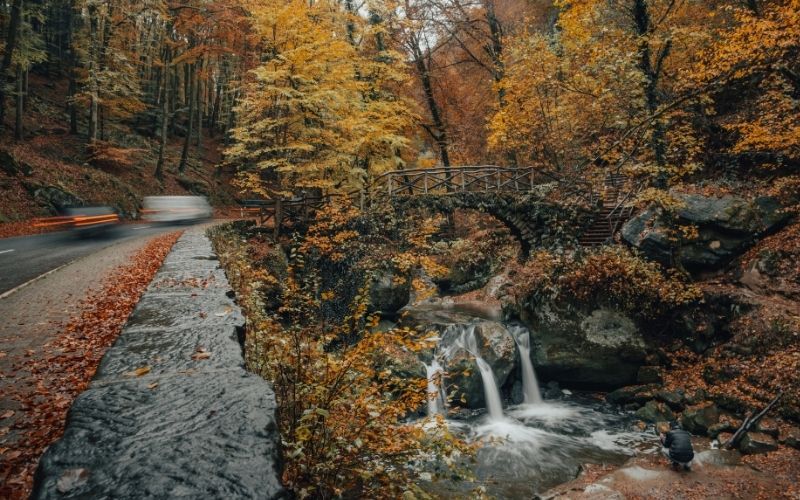
When lost in the middle of nature, especially during winter when snow is present, it is vital to find clean water. Remember to boil all water before drinking and don’t eat anything until you are certain that it is safe without poisoning yourself. This will reduce your movement around the area which again increases the chances of attracting rescuers.
Moreover, this will make you feel much better and help you remain calm in your dire situation.
4. Find Safe Shelter
This is extremely important as hypothermia is a deadly killer. We recommend finding shelter that will keep you out of the elements. This can be any kind of cave, under an overhang, or even in a hollow tree! TIP: If you are feeling hot during summer the recommendation is to make yourself look cold by wrapping bandanas around your wrists or ankles for better effect.

5. Conserve Energy
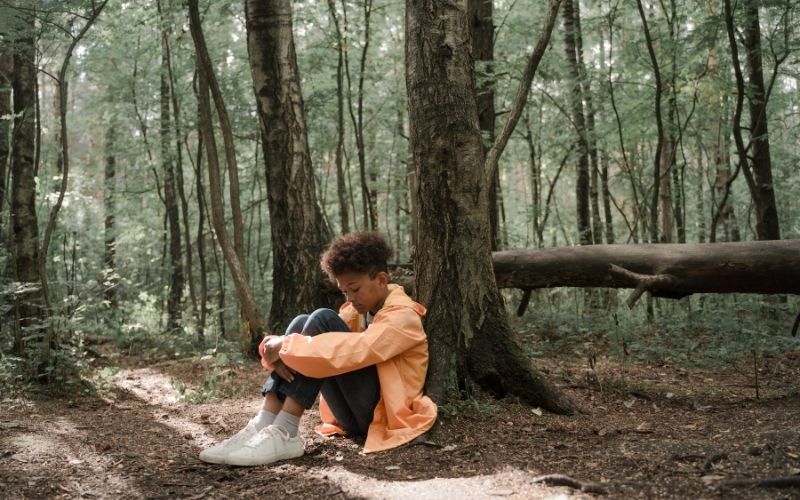
This was mentioned briefly earlier however it is just as important if rescued badly injured whilst lost in nature. A good way to conserve energy while waiting for rescue is to reduce movement and pack more insulation on areas that are at risk of hurting due to exposure. Avoid rubbing your skin against rocks or the ground which may cause sores that could become infected later down the track.
6. Be Prepared
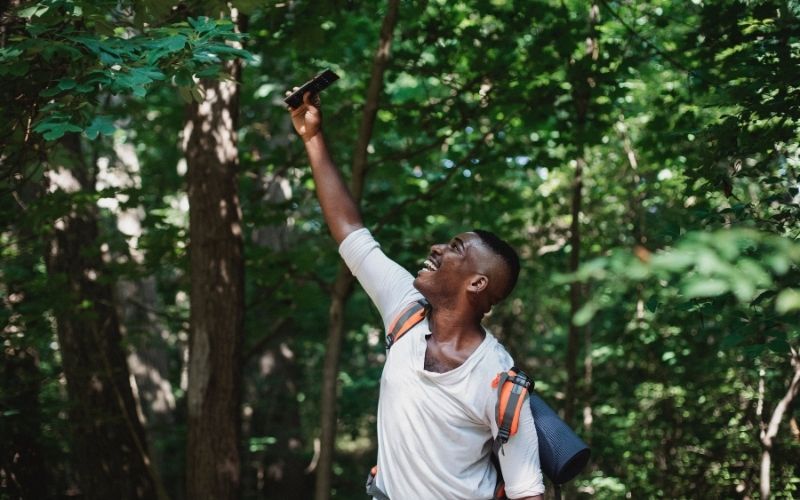
This is the most important tip of all. It doesn’t matter what you are doing or how long you plan to be out there, always take some form of navigation because it could save your life! This will ensure that if something bad does happen people can find you easily. There are many ways to do this including carrying a compass and even a GPS unit. Just remember to learn how to use them first before getting lost! Compass Navigation – Another excellent way for beginners is by using maps and navigation equipment such as compasses. If you don’t have one with you already, try googling ” orienteering maps “. This will show topographic maps which display contour lines showing where steep inclines or descents may occur. Always consider the time of day while navigating by looking at where the sun is! This can greatly assist in determining your whereabouts.
Don’t forget to use an online map finder. This will tell you which direction you are facing and how long it will take to get to that location (it’s like google maps, but better). If using a compass, always make sure there isn’t any metal around whilst trying to determine your position this could interfere with its accuracy. Further, if you are planning on traveling with a pet, these few tips would be advantageous.
Survival skills are a necessity that each person must equip themselves with in order to prevent an unexpected disaster or disaster one day and also know how to cope.
Hence, this article is meant to increase awareness of some of these necessary skills. Stay safe!

